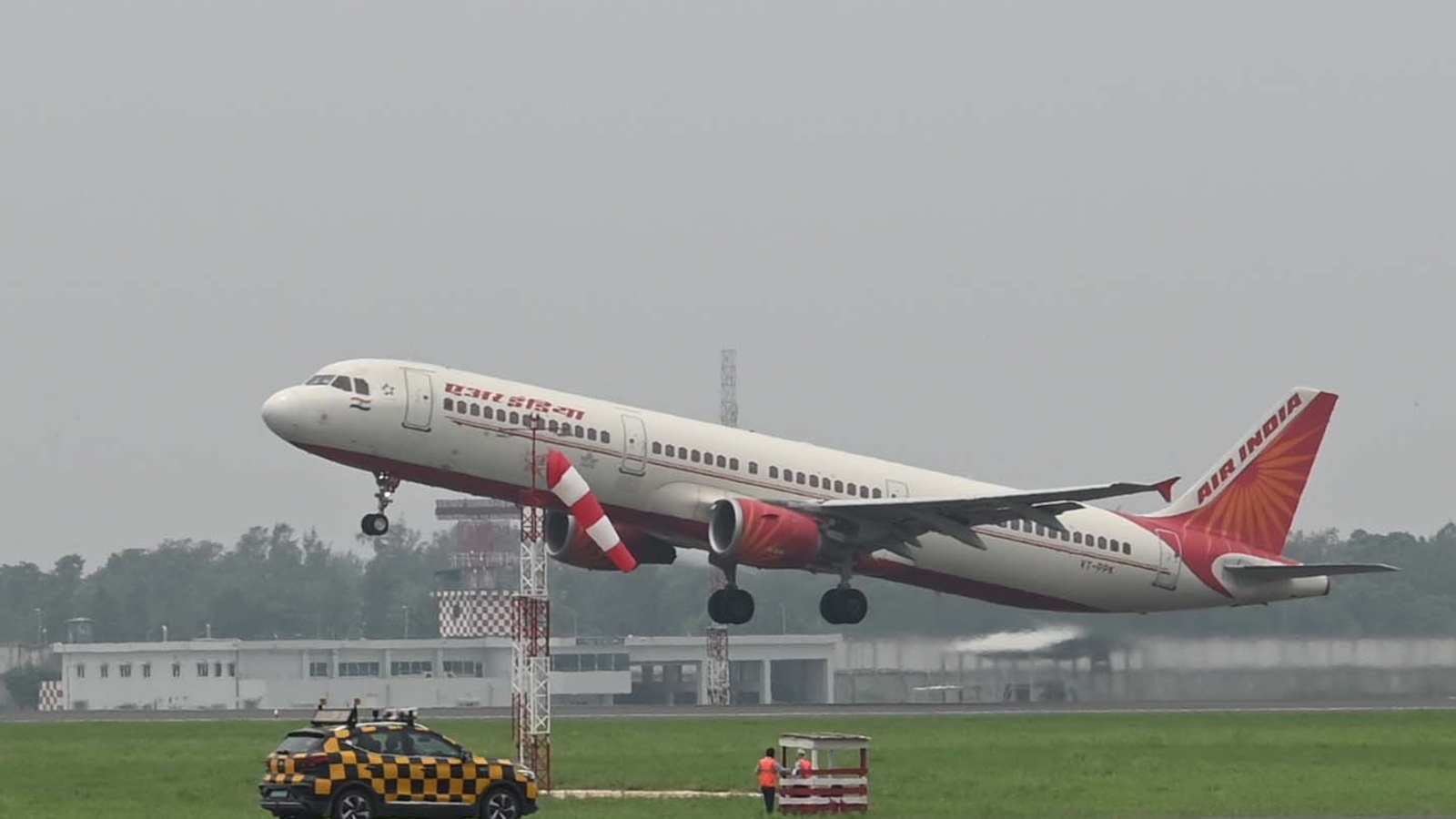In a startling turn of events, Air India Flight AI 379, en route from the Thai island of Phuket to New Delhi, was forced to execute an emergency landing due to a bomb threat reported on board. The incident unfolded on Friday morning, triggering a swift response from airport authorities at Phuket International Airport.
Details of the Incident
Flight AI 379 took off from Phuket at 9:30 AM local time (0230 UTC), but shortly after takeoff, the captain requested an emergency landing. According to flight tracking data from Flightradar24, the aircraft made a wide loop over the Andaman Sea before returning to Phuket, where it safely landed.
Officials from Airports of Thailand (AOT) confirmed that passengers were escorted off the plane as part of the emergency protocol. Fortunately, initial searches by authorities yielded no explosives on board, alleviating the immediate concerns for passengers and crew members.
Passenger Experience and Emergency Protocols
The situation aboard Flight AI 379 involved 156 passengers, all of whom faced understandably high levels of anxiety. Here’s how the aircraft’s crew and airport authorities managed the situation:
- Immediate Communication: The pilot promptly alerted the tower of the bomb threat, ensuring all parties were informed.
- Emergency Protocol Activation: Airport emergency plans were activated, allowing for a coordinated response by security personnel.
- Controlled Deplaning: Passengers were escorted from the aircraft swiftly and efficiently, emphasizing safety and security.
- Bomb Threat Assessment: Following the initial scare, thorough searches were conducted with no dangerous items found.
Airport authorities did not provide specific details regarding the nature of the bomb threat, but confirmed that the safety of passengers was the top priority.
Background Context: Safety Concerns in Aviation
This incident comes on the heels of a tragic plane crash involving another Air India flight in Ahmedabad just the day prior, raising questions about safety in the aviation sector. While the two events are not directly connected, the timing does cast a spotlight on aviation safety protocols in India and worldwide.
As air travel continues to recover post-pandemic, incidents like these can evoke fears and highlight the importance of rigorous security measures. Aviation authorities worldwide have ramped up security checks in response to evolving threats, and incidents such as these provoke discussions around the adequacy of current emergency response systems.
Implications for Future Air Travel
Given the rapid severity with which bomb threats are treated in the aviation industry, it’s essential to understand the broader implications this incident may have on future air travels. Some considerations include:
- Enhanced Security Checks: Passengers may experience more stringent security screenings at airports, as authorities strive to minimize risks.
- Public Confidence: Repeat incidents could undermine public confidence in air travel, necessitating stronger outreach and safety campaigns by airlines.
- Policy Reevaluation: Airlines and governmental aviation bodies may review and adapt policies to ensure both passengers’ safety and timely responses to threats.
As investigations continue and more details emerge, the aviation community and travelers alike will be on the lookout for changes in protocols aimed at preventing future scares. For now, passengers on Flight AI 379 can breathe a sigh of relief, thankful for the effective execution of emergency plans that ensured their safety.






